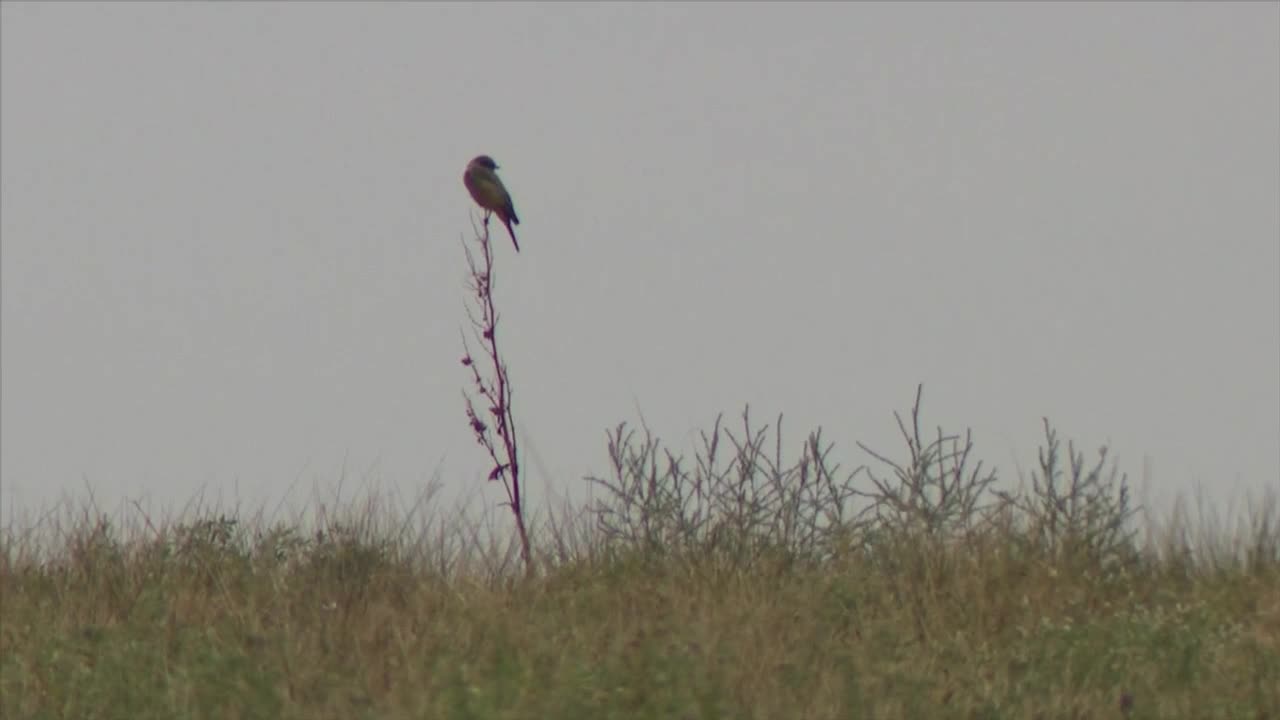DENVER — Wildfire smoke from the Pacific Northwest drifted into Colorado with a cold front on Thursday evening, and could linger into the weekend.
According to IQAir, the smoke made Denver’s air quality the worst of any major U.S. city and among the worst in the world on Friday. Denver’s air quality index was still in the moderate range, between 50 and 100.
Denver7 spoke with Dr. David Beuther, a pulmonologist with National Jewish Health, who explained the cooler temperatures that arrived Friday helped keep ozone pollution down, but the smoke can still be irritating.
“It's really important to realize that just because we don't have a tragic fire here in Colorado doesn't mean our air quality is not going to be affected,” Beuther said. “Just really depending upon the size and the location and the wind patterns.”
Beuther said once an AQI reaches 100 or more, sensitive groups, such as those with asthma, chronic obstructive pulmonary disease (COPD), the very old or the very young, should limit their time outside.
“Even if you're healthy, if you tend to get, like, the itchy, scratchy throat and eyes… We have these people that are out there riding their bike for three hours outside in Denver on the weekends,” he said. “You know, maybe that's not something to do if you're really sensitive, and we start to see more of this air quality issue this weekend.”
Beuther said other particulates, like ragweed, can also impact people this time of year in Colorado.
“You can think about the wildfire smoke and the air quality and pollution is more kind of sandpaper for the lungs,” he told Denver7. “It gets deep down into the airways and can really irritate the lower airways, where ragweed, for those that are sensitive, is more of an allergen and irritant of the upper airways. And so you get this double whammy where your nose and sinuses are all clogged up with the mucus from allergies from ragweed, and your lower lungs are irritated.”






